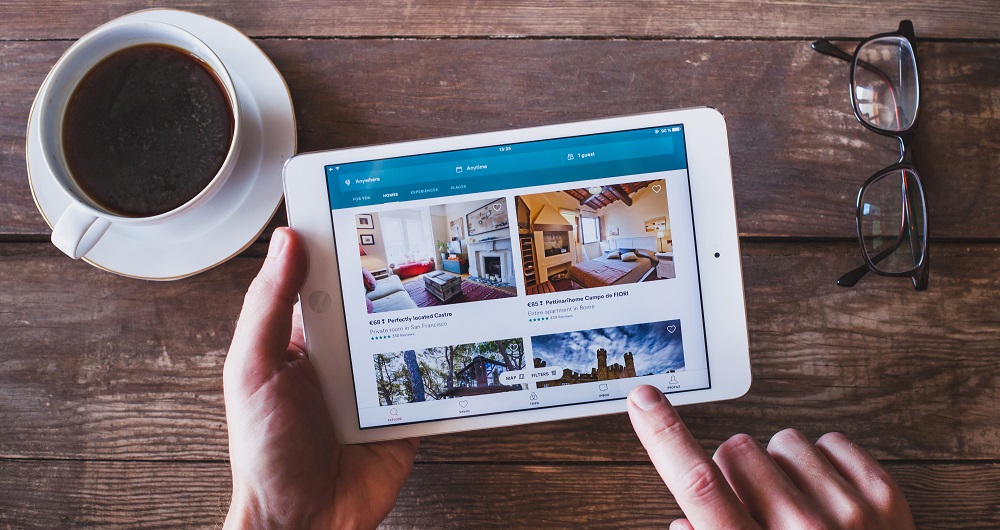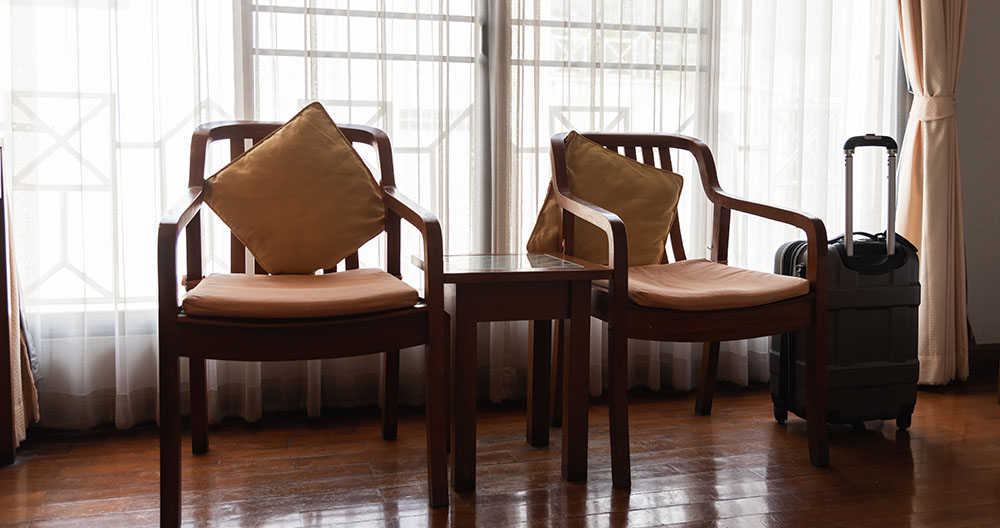Categories
Purchase and Sale of AIRbnb Properties Part 1
HST and Changes in Use

AIRbnb is a popular online marketplace for short-term rentals, homestays and vacation rentals primarily for tourism and short-term work/assignment purposes. The service is provided by a platform that is globally accessible on the Internet and via Mobile App. AIRbnb does not own the properties listed on its website for rent. Rather, individuals known as “hosts” list their residential properties on the AIRbnb website and renters known as “guests” book their desired property for a short stay. AIRbnb earns a commission from each booking of a short-term rental.
AIRbnb’s popularity and growth has come with many challenges to its business model. One of those challenges includes local, provincial and federal governments taking active steps to regulate and tax this type of “Platform Economy.”
Owners of AIRbnb properties looking to sell, or buyers looking to purchase a residence for short-term rental purposes, may be subject to taxation on their purchase and/or sale. In Part 1 of this two-part series on the purchase and sale of AIRbnb rental properties, we will look at the different forms of taxation that may apply when purchasing or selling a short-term rental property.
Harmonized Sales Tax (HST) and AIRbnb Property Rental Fees
In Ontario, long-term rentals in excess of one month’s duration (conservatively 60 days or more) of residential properties are specifically exempt from Harmonized Sales Tax (HST). Landlords do not collect HST on residential rents paid by their tenants. Most AIRbnb rentals are for significantly less than 60 days. Accordingly, they do not fall under the specific exemption for long-term rentals of residential properties and the host must register to remit HST and incorporate HST into any rent paid by the guest. There are certain exemptions from the requirement to collect and remit HST on the fees generated by an AIRbnb rental property, however these requirements are narrow, and the threshold can be exceeded by entrepreneurial hosts quite easily.
HST and the Sale of an AIRbnb Rental Property
Most used residential properties are exempt from HST upon sale. However, if the property was used for short-term rental purposes, then HST may apply. The question that will be raised by tax assessors boils down to this: was the property used primarily (i.e. more than 50% of the time) for rental purposes and were substantially all (i.e. 90% or more) of those rentals of the property short-term rentals? If that is the case, the property could be subject to HST since its primary use (short-term rentals) is commercial/capital in nature, not residential.
The best way to avoid the risk of HST upon a sale is to use the space for your own personal use more than 50% of the time or ensure that at least ten to twenty percent of the bookings are for longer-term rental periods (i.e. more than 60 days). We understand that for many short-term rental housing providers, the ability to squeeze into these requirements so as to avoid HST on an eventual sale of the AIRbnb property may be difficult if not impossible to accommodate given that most AIRbnb rentals for are for days or weeks at most.
If the owner of an AIRbnb property is changing the use of the property from short-term rental (a commercial activity) to a long-term rental or personal use, or vice versa, a “change in use” could occur for the purposes of HST. A change in use could result in a self-assessment of HST on the deemed disposition value of the property whereby the owner would be required to pay HST based on the fair market value of the property on the date of the change in use.
Change in Use and AIRbnb Properties
For income tax purposes, if the use of a property changes from personal use to income producing, this is considered a “change in use” and subject to being treated as a “deemed disposition at fair market value” on the date that the use changes. A deemed disposition occurs when one asset is exchanged for another such as the owner changing the use of the asset from business to personal and vice versa. This deemed disposition results in the owner paying taxes on any accrued gain in the value of the property on the date of deemed disposition. There are certain deferrals that an owner may be able to take advantage of in consultation with their accountant and depending on whether the property was the owner’s principal residence prior to the deemed disposition. A similar deemed disposition will also occur should the owner change the use of the property from income producing back to personal residence in the future.
In Part 2 of our series on the purchase and sale of AIRbnb rental properties we will look at city by-laws and condominium by-laws for shot-term rental properties. If you are planning to sell a short-term rental property or purchase a property for short-term rentals, and have questions about taxation and changes in use, contact the Real Estate Team at Merovitz Potechin LLP. You can also visit the Government of Canada’s website on The GST/HST and the Purchase, Use and Sale of Vacation Properties by Individuals.
The content on this website is for information purposes only and is not legal advice, which cannot be given without knowing the facts of a specific situation. You should never disregard professional legal advice or delay in seeking legal advice because of something you have read on this website. The use of the website does not establish a solicitor and client relationship. If you would like to discuss your specific legal needs with us, please contact our office at 613-563-7544 and one of our lawyers will be happy to assist you.






